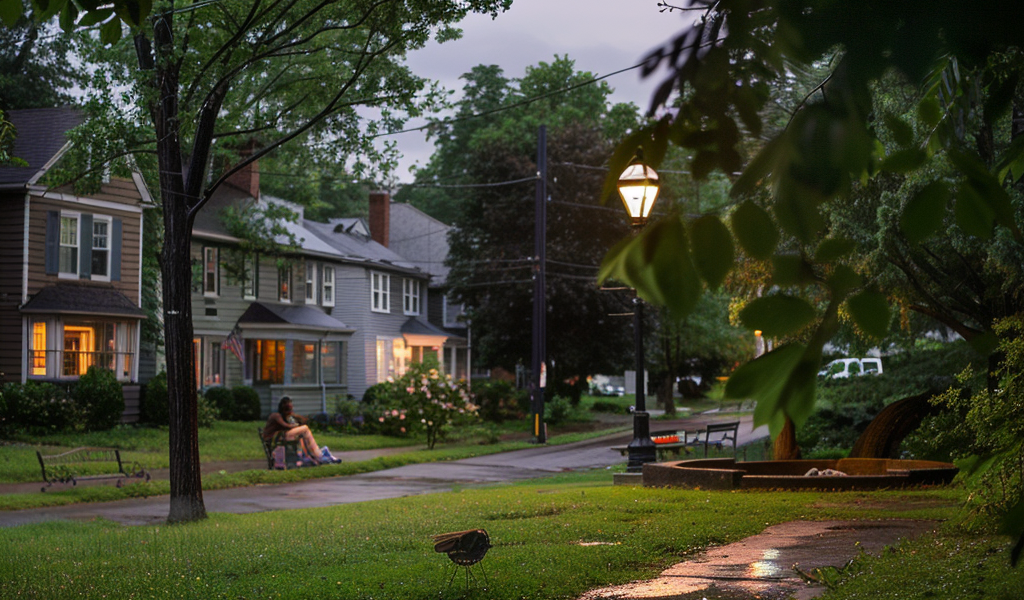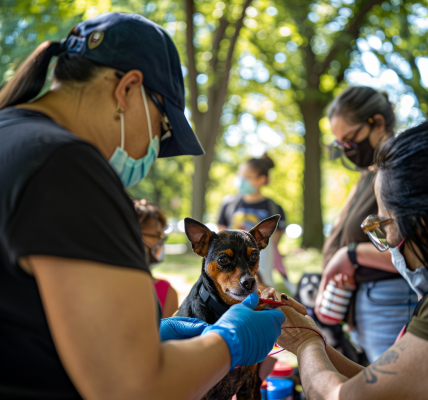In a recent health alert, officials in Boston have confirmed that mosquitoes in the area have tested positive for the West Nile virus. The Boston Public Health Commission announced that samples collected from neighborhoods including Roxbury, Jamaica Plain, Roslindale, and West Roxbury showed the presence of this mosquito-borne illness.
Despite the detection of the virus in local mosquito populations, health authorities have reported no human cases of West Nile virus in Massachusetts this year. Nevertheless, public health officials are emphasizing the importance of taking preventive measures to reduce the risk of infection.
West Nile virus is primarily transmitted to humans through the bite of infected mosquitoes. To protect oneself from potential exposure, health officials recommend several strategies. The peak activity period for mosquitoes is from dusk to dawn, so it is advisable to limit outdoor activities during these hours. Additionally, wearing long-sleeved clothing and using insect repellents that are approved by the Environmental Protection Agency (EPA) can provide extra protection against mosquito bites.
Another critical preventive measure is to eliminate standing water around homes and neighborhoods. Mosquitoes breed in stagnant water, so it is essential to regularly empty containers that collect water, such as bird baths, flower pots, and kiddie pools.
While many people infected with West Nile virus do not exhibit any symptoms, some may experience mild symptoms such as headaches, fever, nausea, and body aches. The risk of developing more severe symptoms is higher for individuals over the age of 50, according to the Boston Public Health Commission.
Dr. Bisola Ojikutu, the commissioner of Public Health and executive director of the Boston Public Health Commission, stated that the department is collaborating closely with state partners to monitor mosquito samples and keep the community informed about the risks associated with West Nile virus.
In addition to the findings in Boston, West Nile virus has also been detected in mosquito populations in Worcester and Quincy, raising concerns among public health officials across the state.
Residents are encouraged to stay informed about the situation and to take the necessary precautions to safeguard their health and well-being during the peak mosquito season. By remaining vigilant and proactive, individuals can help reduce the risk of infection and protect themselves and their families from mosquito-borne diseases.





